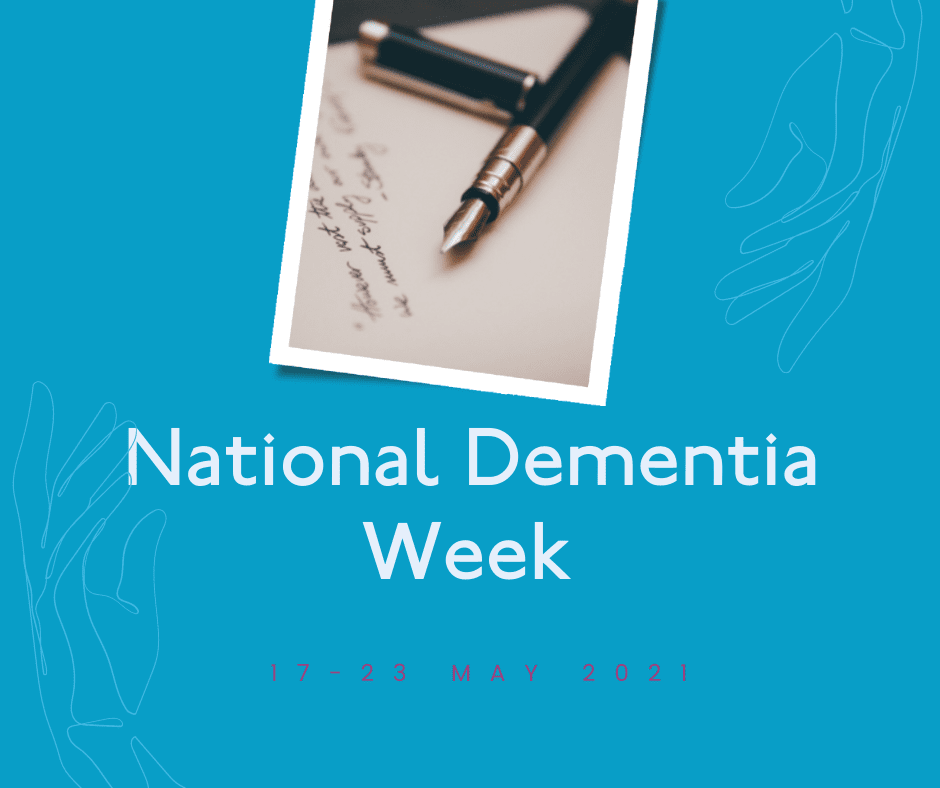
This week is National Dementia Action Week, which is designed to help people take action to improve the lives of people affected by dementia.
At Spectrum Independent we have personally and professionally seen first-hand the harsh reality of the effects of dementia.
Alongside this devastating illness, having to deal with financial matters adds to the stress and having arrangements in place such as Powers of Attorney, where you give your authority to someone to act on your behalf, when you become unable to do so, can ease that stress.
Even making a Will after being diagnosed with a form of dementia maybe impossible and should also be considered alongside the Power of Attorney.
Remember these need to be done before dementia is diagnosed.
There are many causes of dementia, with Alzheimer’s disease the most common
Did you know:
850,000 people are estimated to be living with dementia in the UK and 52%-that is 34.5 million know someone who has been diagnosed with a form of dementia.
Are you familiar with a lasting power of attorney?
A Lasting Power of Attorney (LPA) gives another individual the legal authority to look after specific aspects of your affairs, should you lose the capacity to do so.
There are two types of Lasting Power of Attorney, one relating to health and welfare matters and one about property and financial affairs. When appointing someone to have lasting power of attorney, you can choose to make that person (or more than one person) have the LPA power and responsibility in one or both areas.
LPA Health & Welfare typically these relate to decisions about medical care, support at home for someone’s daily routine – eating, dressing, etc., moving into a care home or the refusal of life-sustaining treatment.
LPA Financial & Property typically are in relation to financial matters, the LPA responsibility can cover aspects such as paying bills, collecting benefits, running a bank account, investing money, or selling your home. A key difference is that a property and financial affairs LPA can be used while the person still has capacity, whereas a personal welfare LPA can only be used once they have lost it.
LPAs are recognised by care homes and local authorities, as well as tax, benefits, and pension authorities and by financial institutions, although these latter bodies do not always respond that positively to addressing LPA issues.
There has recently been much in the media about setting up an LPA. It is not just for the elderly; younger people may become incapacitated through accident or illness and without an LPA in place, relatives may face long delays and expense in applying to the Court of Protection to get access and take control of assets and finances.
If someone has not drawn up an LPA when they are assessed to have lost capacity, and their partner or friend wants to make decisions on their behalf, they may have to apply to the Court of Protection to be appointed as the person’s Deputy.
You can apply to the Court of Protection to get an urgent or emergency court order in certain circumstances, for example when someone’s life or welfare is at risk and a decision must be made without delay.
You will not get a court order unless the court decides it is a serious matter with an unavoidable time limit and can be a very long, complex, and expensive process, and it is advisable to speak to the Office of the Public Guardian beforehand.
Therefore, setting up an LPA in advance is strongly recommended and don’t hesitate to contact us if you want more information and advice.
visit https://www.alzheimers.org.uk/ to see how you can support and help this week.
